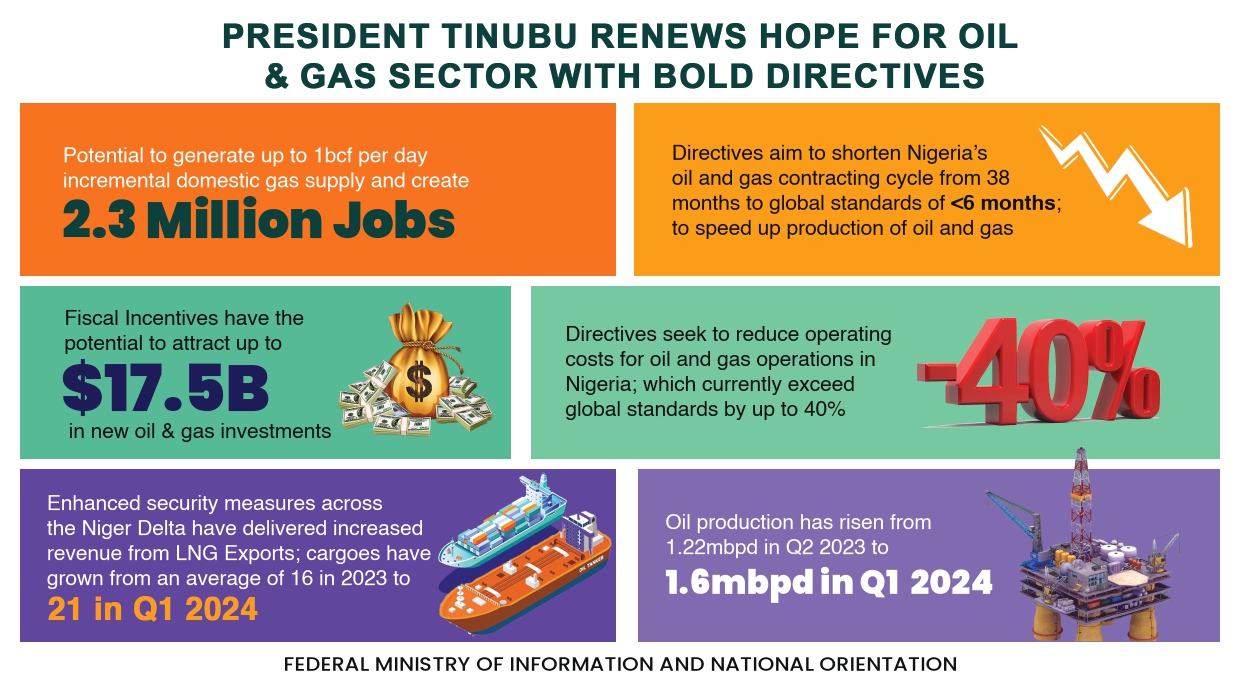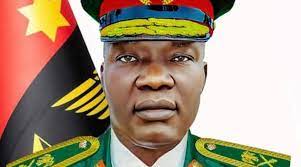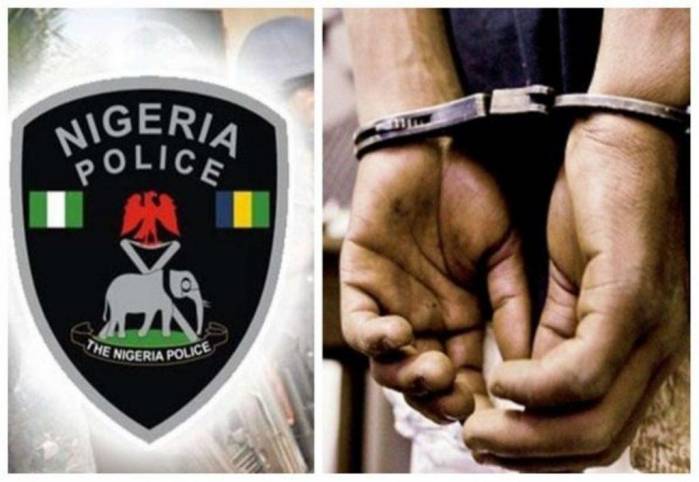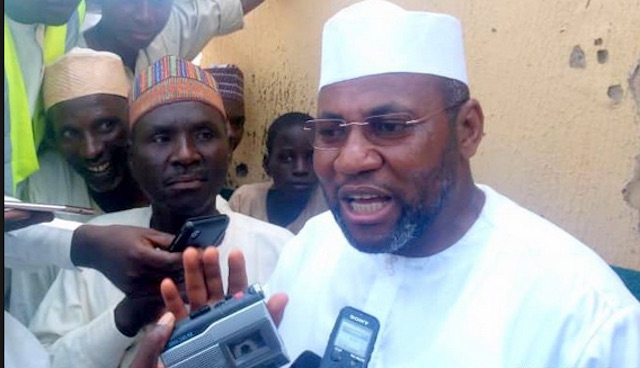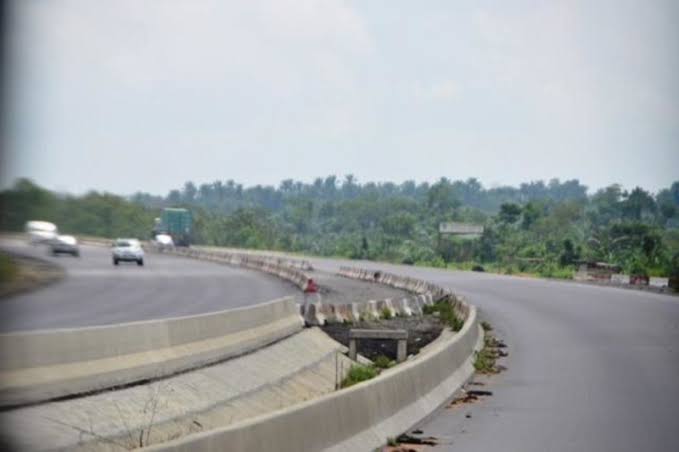President Muhmmadu Buhari is being hailed by many today for honouring the late Moshood Kashimawo Olawale Abiola by declaring June 12 as Democracy Day. That move is seen as a political masterstroke by many political pundits given the significance of Abiola in Nigeria’s political history, especially the South West where the president has lost ground. YUSUF MOHAMMED reports the brilliance of the move.
After the return of democracy in 1999, people had expected that the late Moshood Kashimawo Olawale Abiola would be be honoured in view of his significance in the annals of the political history of Nigeria. That was however not so. Abiola’s name was not even mentioned by Chief Olusegun Obasanjo on May 29, 1999 when he was sworn in as the president of a democratic Nigeria after a long period of military intervention in governance.
Throughout Obasanjo’s eight years there were no efforts towards immortalising Abiola. Some have argued that Obasanjo could not have honoured Abiola because he did not want to anger the north which brought him to power.
Chief MKO Abiola was from the South West and won the 1993 election adjudged as the freest and fairest election in Nigeria’s history. He won it alongside his running mate, Alhaji Babagana Kingibe. It was a watershed in the country’s history as Nigerians put aside ethnic and religious sentiments to vote Abiola and Kingibe who were both Muslims. It was a pan-Nigerian mandate.
That was the first and last time that happened. Many pundits are of the view that it would be difficult to see that happen again, given the deep division in the country today.
Read also: June 12 Tsunami and the ones who won’t forgive Buhari
However, on June 12, 1993, the election was annulled by General Ibrahim Badamasi Babangida who was the Head of State then. What followed were protests leading to arrests and deaths of many. An interim government was setup after Babangida stepped down and Ernest Shonekan was made the president. Three months later Shonekan resigned in what many believe to be a result of pressure from General Sani Abacha.
Abacha died in 1998 and General Abdusalami Abubakar took over and handed power to civilians in 1999. From 1993 till 1999, there was pressure on government to do the needful.
Campaigns were going on to ensure the de-annulment of the election. Prominent amongst the advocates was late Chief Gani Fawenhinmi.
June 12 was declared a public holiday in some states in the South West. Not only because Abiola was from that part of the country, but the fact that the struggle was more appreciated in that part of the country. Indeed, the South West was the hottest battle ground for the struggle for the de-annulment of the June 12, 1993 election. To many, that was not enough. It was not a South West affair, but the entire Nigeria, hence they felt the federal government had to do something to honour Abiola.
On June 12, 2013, former President Goodluck Jonathan renamed the University of Lagos, Moshood Abiola University. It was resisted by the university council and many prominent Yorubas for various reasons.
For some, the name UNILAG was already a brand that was known all over the world. Changing the name could affect the university. Some others were of the view that MKO should not be limited to the South West. They argued that monuments such as the National Assembly or Eagles square in Abuja should be named after him.
While Jonathan did well, he shied away from the issue of making June 12 Democracy Day.
However, President Muhamamdu Buhari has made history by doing what three leaders before him in a democratic setting failed to do.
On June 6 2018, he declared June 12 Democracy Day and honoured Abiola by making him GCFR, the title given to only presidents. His running mate then, Kingibe, was given GCON.
This has set tongues wagging. Some say he did it in order to spite his predecessors, others say it was an act of desperation on his part to re-garner the South West support ahead of the 2019 general elections.
According to a former Special Assistant to ex-Vice President Atiku Abubakar and a chieftain of the Peoples Democratic Party, Dr. Umar Ardo, President Buhari did that to rubbish former presidents and help his alleged battered reputation.
“President Buhari has realised that he has lost the support of the Nigerian people, particularly in the Southwest, and so he was tricked into making this palliative in the vein hope of re-garnering support to his fledging presidency.
“He is at open war with Babangida who annulled the June 12 election and Obasanjo who is the main beneficiary of the resolution of the June 12 imbroglio. He is made to believe that with this move, he would regain his support in the South West at the same time rubbish the two former presidents.”
For Hon. Olawale Oshun who was one of those at the forefront of the campaign against the annulment of the June 12 election, it is a welcome development irrespective of the motive behind it.
“It does not really matter why the president did it. It is a welcomed decision and well received by all Nigerians, particularly the Yorubas. The reaction has been that of ‘this is a good decision even if it is late,’” he said.
Mr. Wale Akinyemi, a well known international business strategist and leading newspaper columnist is of the view that nothing has really changed despite the action of the president.
He said as it is now, many may be carried away be emotion, but in the near future, the reality would manifest.
“The Yorubas are sophisticated. For now everyone is so emotional and not thinking straight. With time, many would realise that nothing has really changed. They will realise that this is the same Buhari who has not been able to solve most of our problems.”
Apparently, with the different opinions for and against Buhari, his declaration on June 12 remains a masterstroke. Apart from capable of impacting positively on his electoral fortune in the 2019 presidential election, he has secured a place for himself and his administration in the good book of the generality of Nigerians embittered by the injustice perpetrated by those who annulled June 12, 1993 election.
As far as many are concerned, Buhari only needs to build on the move to continue to endear his administration to Nigerians irrespective of their ethnic or religious leanings.
